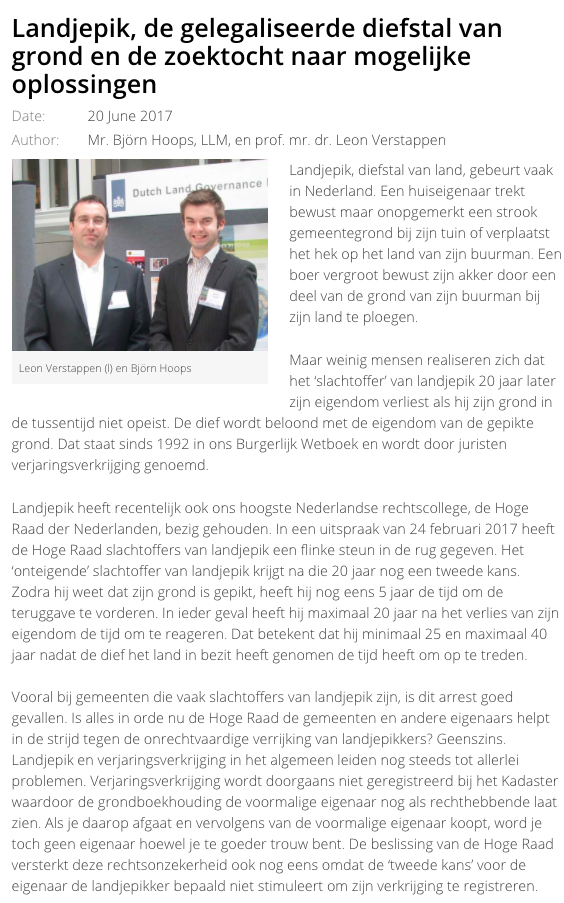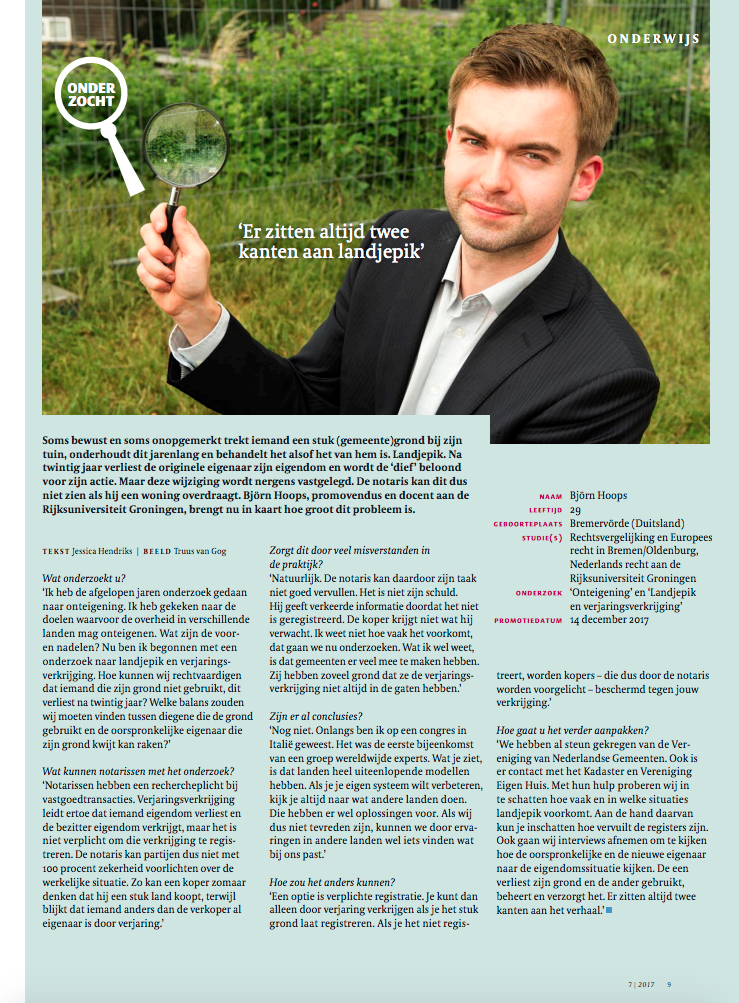Report on Functioning of PESA in Odisha
RCDC assigned a task of compiling a report on the functioning of PESA in the state of Odisha based both on secondary analysis and primary survey at field level, to a local consultant organization National Institute for Development Innovation(NIDI) in late 2010. Agreeing with our observation that the report submitted under the same required further improvements and enrichments the consultant made fresh efforts in 2011 and submitted an improved version of the same without any extra charges.





